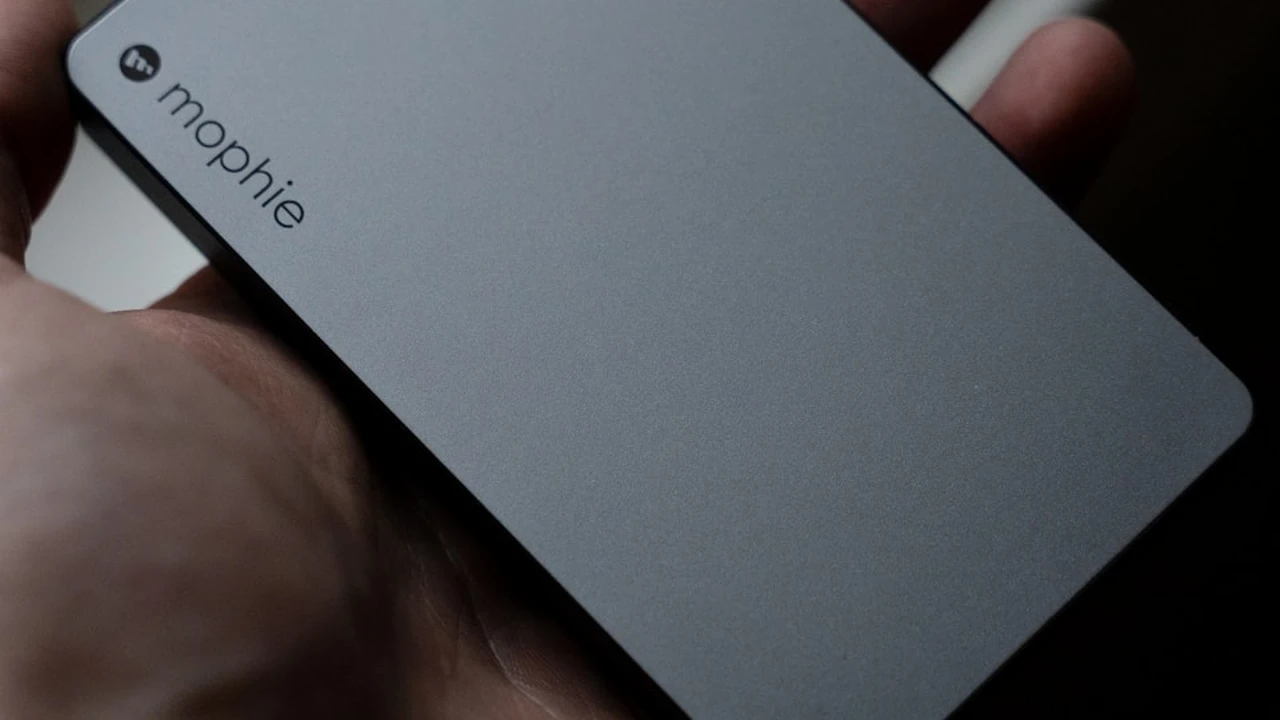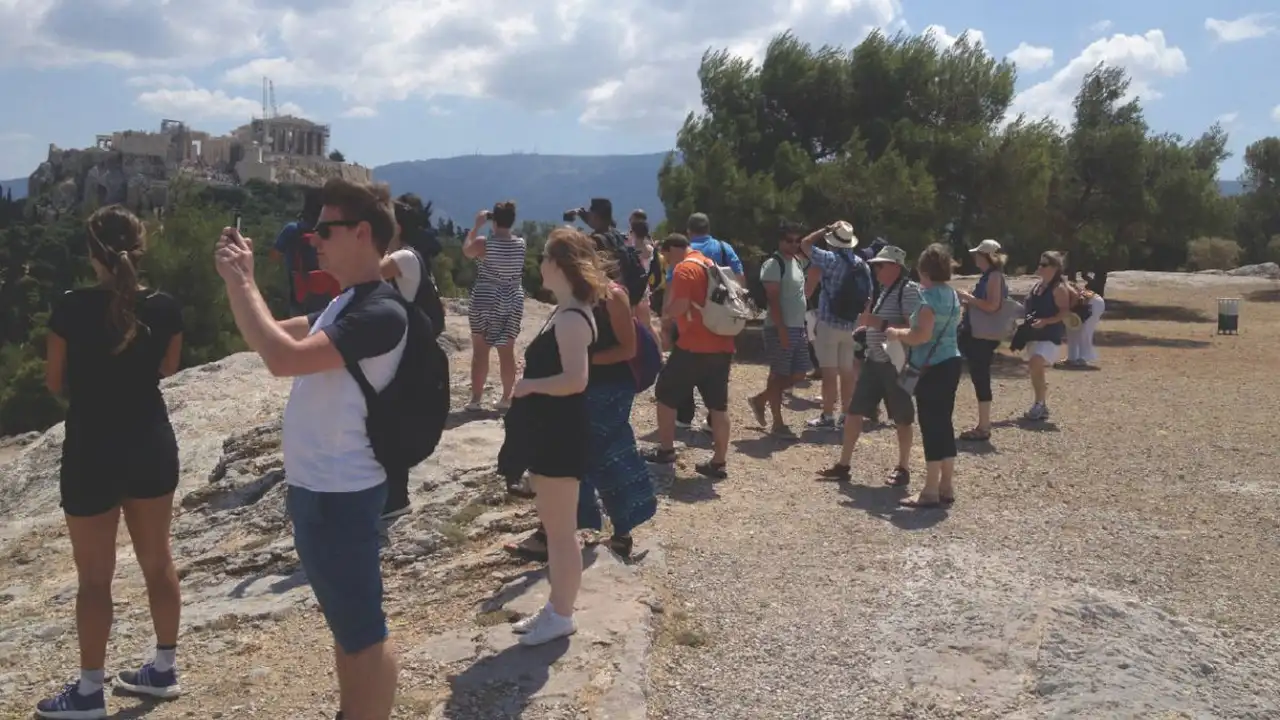Best Portable Wi-Fi Hotspots
Protect your online privacy and security while traveling with a VPN. Learn how to choose the right VPN and stay safe on public Wi-Fi. Enjoy secure browsing and access blocked content.

Why You Need a VPN for Travel Security
Okay, let's get real. You're hopping between cafes in Bangkok, using airport Wi-Fi in LAX, and maybe even trying to stream your favorite show from a hotel in Hanoi. All these public Wi-Fi networks? They're basically open doors for hackers. A VPN, or Virtual Private Network, is like a super secure tunnel for your internet traffic. It encrypts your data, hiding it from prying eyes, and masks your IP address, making it look like you're browsing from somewhere else. Think of it as your digital bodyguard. Without it, your passwords, credit card info, and even your browsing history are vulnerable.
Understanding VPN Basics for Travel
So, what exactly does a VPN do? First, encryption. It scrambles your data into unreadable code. Imagine writing a secret message only you and the recipient can decipher. Second, IP masking. Your IP address is like your home address online. A VPN hides it, making it harder for websites and trackers to pinpoint your location and activity. Third, secure tunneling. It creates a private, encrypted connection between your device and the VPN server. This protects your data from being intercepted by hackers on public Wi-Fi. In simple terms, it's like having a private, secure internet connection wherever you go.
Key Features to Look for in a Travel VPN
Not all VPNs are created equal. When you're traveling, you need a VPN that's reliable and effective. Here's what to look for:
- Strong Encryption: AES-256 encryption is the gold standard. It's virtually unbreakable.
- No-Logs Policy: The VPN provider shouldn't keep records of your browsing activity. Look for VPNs that have been independently audited to verify their no-logs policy.
- Server Locations: Choose a VPN with servers in the countries you're traveling to or from. This allows you to access local content and bypass geo-restrictions.
- Speed: A slow VPN can be frustrating. Look for VPNs that offer fast connection speeds. Read reviews and test the speed yourself during the trial period.
- Multiple Device Support: You probably have a laptop, smartphone, and tablet. Make sure the VPN allows you to connect multiple devices simultaneously.
- Kill Switch: A kill switch automatically disconnects you from the internet if the VPN connection drops. This prevents your data from being exposed.
- User-Friendly Interface: The VPN app should be easy to use, even for beginners. Look for VPNs with intuitive interfaces and helpful tutorials.
- 24/7 Customer Support: If you run into problems, you'll want to be able to get help quickly. Choose a VPN with 24/7 customer support via live chat or email.
Top VPN Recommendations for USA and Southeast Asia Travel
NordVPN: A Solid Choice for Overall Travel Security
NordVPN is a popular choice for a reason. It offers strong encryption, a strict no-logs policy, and a vast network of servers worldwide, including plenty in the US and Southeast Asia. The double VPN feature adds an extra layer of security by routing your traffic through two servers. It’s also pretty user-friendly.
- Pros: Excellent security features, fast speeds, large server network, user-friendly app.
- Cons: Can be slightly more expensive than other options.
- Use Cases: Securing public Wi-Fi, accessing geo-restricted content, protecting sensitive data.
- Pricing: Starts at around $3.29 per month with a long-term plan.
Surfshark: The Best VPN for Multiple Devices During Travel
Surfshark is a great value option, especially if you have a lot of devices. It allows unlimited simultaneous connections, so you can protect all your devices with a single subscription. It also offers a clean and easy-to-use interface, making it a good choice for beginners. Surfshark boasts a camouflage mode, masking the fact that you're even using a VPN. This is beneficial in countries with strict internet censorship.
- Pros: Unlimited simultaneous connections, affordable price, strong security features, easy to use.
- Cons: Speed can be slightly slower than NordVPN in some locations.
- Use Cases: Protecting multiple devices, streaming content, bypassing geo-restrictions.
- Pricing: Starts at around $2.49 per month with a long-term plan.
ExpressVPN: A Premium Option for Speed and Reliability on the Road
ExpressVPN is known for its speed and reliability. It offers a seamless user experience and consistently fast connection speeds, making it ideal for streaming and downloading. It also has a strong focus on privacy and security. If you're willing to pay a bit more for premium performance, ExpressVPN is a great choice. The company has a solid reputation and is known for its excellent customer support.
- Pros: Fast speeds, reliable connections, strong security features, excellent customer support.
- Cons: More expensive than other options.
- Use Cases: Streaming content, downloading files, secure browsing.
- Pricing: Starts at around $8.32 per month with a long-term plan.
CyberGhost VPN: A User-Friendly Choice for Travel Newbies
CyberGhost VPN is designed with beginners in mind. It has a simple and intuitive interface, making it easy to connect to a server with just a few clicks. It also offers dedicated servers for streaming and torrenting. CyberGhost provides a generous 45-day money-back guarantee, allowing you to test the service extensively before committing.
- Pros: User-friendly interface, dedicated servers for streaming and torrenting, affordable price.
- Cons: Speed can be inconsistent in some locations.
- Use Cases: Streaming content, secure browsing, protecting privacy.
- Pricing: Starts at around $2.29 per month with a long-term plan.
Private Internet Access (PIA): Customizable Security for Tech-Savvy Travelers
Private Internet Access (PIA) is a highly customizable VPN that's popular among tech-savvy users. It offers a wide range of security features and allows you to fine-tune your settings. PIA is also one of the most affordable options on the market. It has a massive server network, ensuring good speeds and access to content worldwide.
- Pros: Highly customizable, affordable price, large server network, strong security features.
- Cons: Interface can be overwhelming for beginners.
- Use Cases: Secure browsing, torrenting, protecting privacy.
- Pricing: Starts at around $2.03 per month with a long-term plan.
VPN Comparison Table for US and Southeast Asia Travel
| VPN Provider | Price (Long-Term Plan) | Simultaneous Connections | Server Locations (USA & SEA) | Speed | Ease of Use | Key Feature |
|---|---|---|---|---|---|---|
| NordVPN | $3.29/month | 6 | Extensive | Fast | Easy | Double VPN |
| Surfshark | $2.49/month | Unlimited | Extensive | Good | Easy | Unlimited Devices |
| ExpressVPN | $8.32/month | 5 | Extensive | Very Fast | Easy | Reliability |
| CyberGhost VPN | $2.29/month | 7 | Good | Good | Very Easy | Dedicated Servers |
| Private Internet Access (PIA) | $2.03/month | 10 | Extensive | Good | Moderate | Customizable |
Setting Up Your VPN for Travel
Okay, you've picked your VPN. Now what? Setting it up is usually pretty straightforward:
- Sign Up: Choose a plan and create an account on the VPN provider's website.
- Download the App: Download the VPN app for your device (laptop, smartphone, tablet).
- Install the App: Follow the installation instructions.
- Log In: Open the app and log in with your account credentials.
- Connect to a Server: Choose a server location (e.g., United States, Singapore, Thailand) and click \"Connect.\"
- Verify Your Connection: Use a website like iplocation.net to verify that your IP address has changed.
Using Your VPN Safely While Traveling
Just having a VPN isn't enough. Here are some tips for using it effectively:
- Always Connect Before Using Public Wi-Fi: This is the most important rule. Always connect to your VPN before connecting to public Wi-Fi.
- Choose a Server Close to Your Location: This will usually give you the best speeds.
- Enable the Kill Switch: Make sure the kill switch is enabled to prevent your data from being exposed if the VPN connection drops.
- Use Strong Passwords: Use strong, unique passwords for all your online accounts.
- Enable Two-Factor Authentication: This adds an extra layer of security to your accounts.
- Keep Your VPN App Updated: Install the latest updates to ensure you have the latest security features.
Troubleshooting Common VPN Issues During Travel
Sometimes things go wrong. Here's how to troubleshoot common VPN issues:
- Slow Speeds: Try connecting to a different server. The server may be overloaded or far away from your location.
- Connection Problems: Check your internet connection. Make sure you're connected to Wi-Fi or mobile data. Try restarting your device or the VPN app.
- Blocked Websites: Some websites block VPN traffic. Try connecting to a different server or using a different VPN protocol.
- DNS Leaks: Use a DNS leak test tool to check if your DNS requests are being routed through the VPN server. If not, you may need to configure your device's DNS settings.
- Contact Customer Support: If you're still having problems, contact the VPN provider's customer support.
Beyond VPNs: Additional Travel Security Tips
A VPN is a great start, but it's not a silver bullet. Here are some other things you can do to stay safe online while traveling:
- Use a Password Manager: A password manager can generate and store strong, unique passwords for all your online accounts.
- Be Careful About Phishing Scams: Be wary of emails and websites that ask for your personal information.
- Use a Credit Card with Fraud Protection: This can protect you if your card is stolen or used fraudulently.
- Back Up Your Data: Back up your important data to a secure cloud storage service or external hard drive.
- Be Aware of Your Surroundings: Be careful when using your devices in public places. Be aware of who's around you and what they're doing.
:max_bytes(150000):strip_icc()/277019-baked-pork-chops-with-cream-of-mushroom-soup-DDMFS-beauty-4x3-BG-7505-5762b731cf30447d9cbbbbbf387beafa.jpg)






